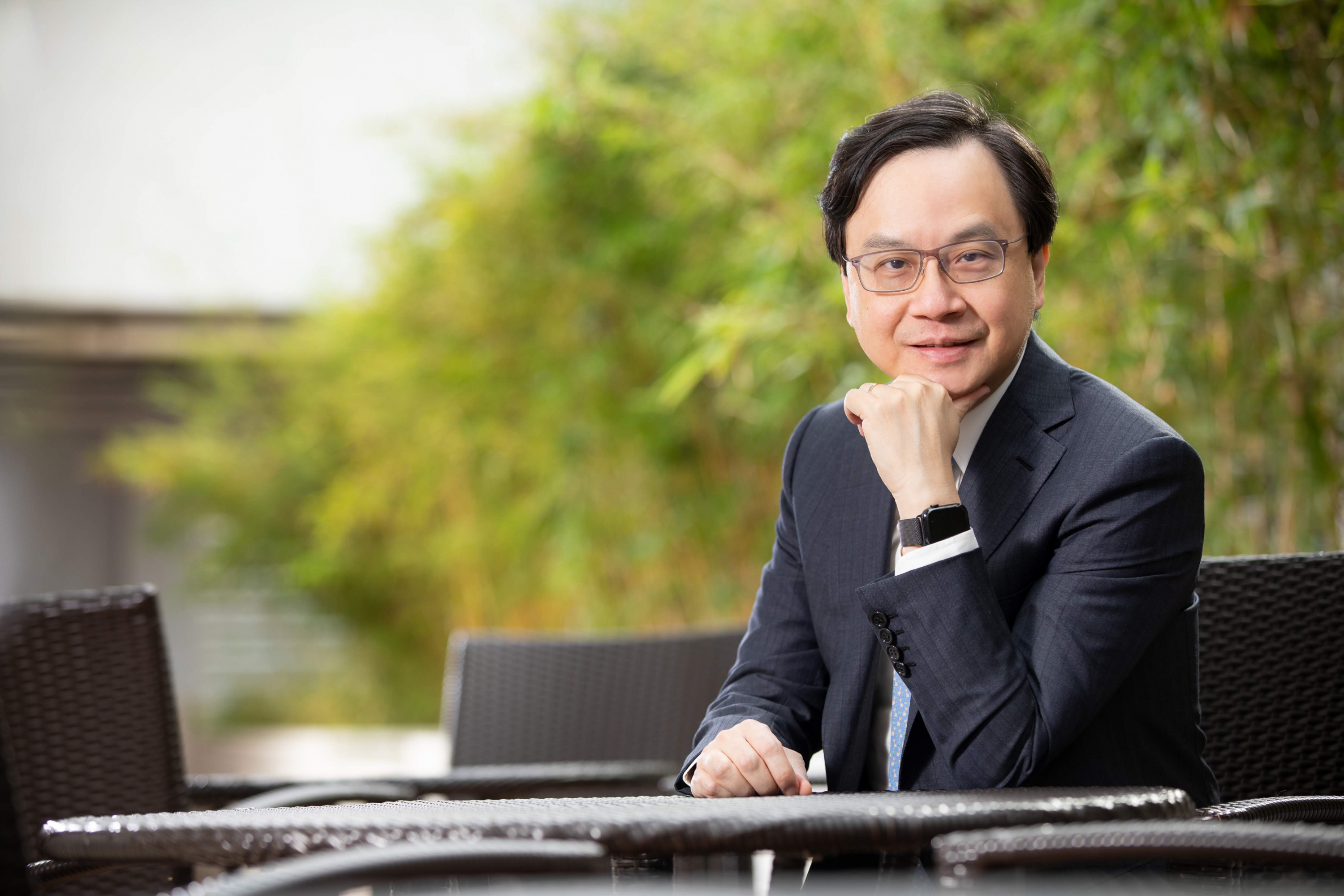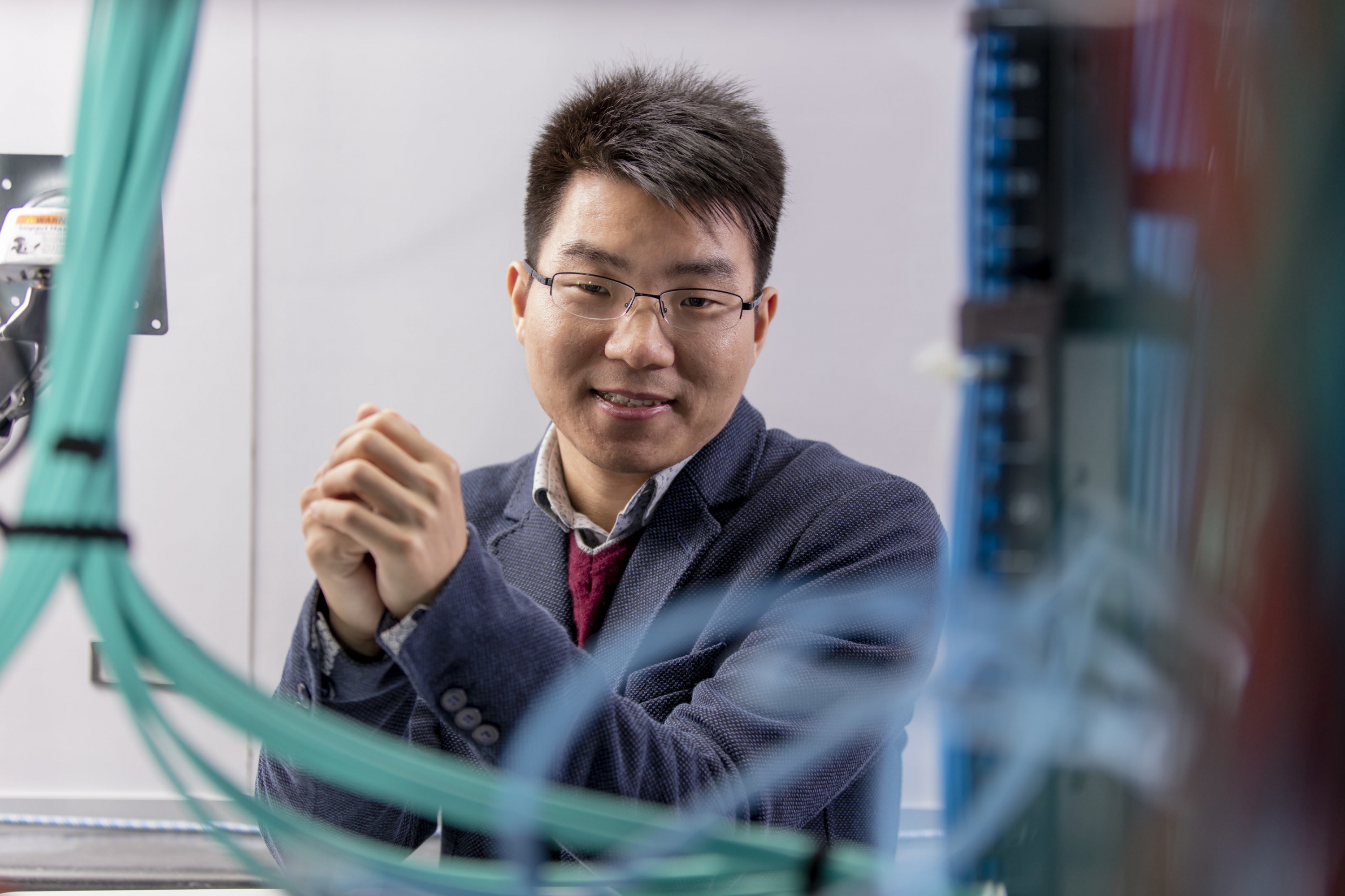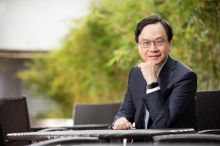CUHK
News Centre
Two CUHK Scholars Named World’s “Top 20 Translational Researchers”Professor Dennis LO Receives the Honour for the Fourth Consecutive Year
Professor Dennis Yuk Ming LO and Professor Peiyong JIANG from the Faculty of Medicine at The Chinese University of Hong Kong (CU Medicine) have been named the “Top 20 Translational Researchers of 2019” by the world-renowned scientific journal Nature Biotechnology. They are the only scientists from an Asian institution on the list and it is the fourth consecutive year for Professor Lo to receive this honour.
Professor LO and Professor JIANG received the honour for their achievements in the areas of cancer and fetal diagnostics. Nature Biotechnology ranked the top translational researchers in biotech based on the number of patents granted in 2019, the researcher’s top-cited patents over the past five years, and the citation scores of their publications (H-index). These are the indicators of how their biomedical research results have been effectively translated into clinical applications, being appreciated as Translational Research.
Professor LO and Professor JIANG are the only scholars from an Asian institution on the list, with Professor LO receiving the honour the fourth time
Known as ‘the Father of Non-invasive Prenatal Testing’, Professor Dennis LO is the Director of the Li Ka Shing Institute of Health Sciences, Associate Dean (Research) and Chairman of the Department of Chemical Pathology of CU Medicine. Professor LO joined CUHK in 1997 and reported the presence of cell-free fetal DNA in maternal plasma in the same year. He and his colleagues have been instrumental in making non-invasive DNA based prenatal testing a clinical reality. The non-invasive prenatal test for Down syndrome developed by the team has been widely regarded as a significant breakthrough in the global scientific community. The test has been widely adopted in over 90 countries and used by over 7 million pregnant women globally every year.
This scientific achievement lays the foundation for developing non-invasive tests for cancer detection based on similar scientific principles. In 2017, Professor LO’s research team completed a 20,000-person study which confirmed that plasma Epstein-Barr virus (EBV) DNA analysis is useful for screening early asymptomatic nasopharyngeal carcinoma, allowing patients to be identified at significantly earlier stages. The test evolved into a second-generation test with sequencing analysis a year later, which means large-scale cancer screening is possible with higher efficiency and accuracy.
The work of his team has set a framework for DNA sequencing technology for cancer detection. The latest blood test developed can non-invasively map out multiple types of aberrations in a cancer genome. The ultimate goal of the research is to enable early cancer detection and treatment.
Professor Peiyong JIANG is a bioinformatician and Assistant Professor from the Department of Chemical Pathology at CU Medicine. With a multidisciplinary background in genomics, bioinformatics, computational biology and statistics, he has a long standing research interest in next generation sequencing-based bioinformatics data analysis as well as its clinical applications such as non-invasive prenatal testing and cancer detection.
Nature Biotechnology highlighted his work on the development of a new class of prenatal and cancer diagnostic markers that are based on DNA methylation. DNA methylation refers to a type of biochemical change of DNA that allows one to trace the tissue of origin of a DNA molecule. In prenatal diagnostic testing, such tracing would help one identify if a DNA molecule is coming from the fetus or the mother. In cancer, DNA methylation is altered or disrupted and therefore methylation patterns provide hints to the presence of a tumour. Taking advantage of the methylation patterns of plasma DNA, Professor JIANG’s team has developed a novel bioinformatics platform for non-invasive screening of multiple types of cancer, e.g. liver cancer and nasopharyngeal cancer.
Based on the above achievements, Professor LO and Professor JIANG have been listed in the “Top 20 Translational Researchers” recently by the authoritative scientific journal Nature Biotechnology. Topping the list this year is biochemist Professor Jennifer DOUDNA who has just won the 2020 Nobel Prize in Chemistry. Professor LO and Professor JIANG are ranked fourth and sixteenth on the list. Other named scholars include translational researchers from renowned institutions in the US and Germany, such as the Massachusetts Institute of Technology (MIT), Stanford University and Harvard University.
Growing Attention to Innovation and Translational Research
Professor Dennis LO felt most honoured for being named for a fourth time. He said, “Being named a top translational researcher four years in a row is a tremendous recognition and encouragement to me and my team from Nature Biotechnology. We believe in the synergy between research in basic biomedical science and potential clinical translation. Hence, we are devoting efforts to both areas. It is most rewarding to see our work in non-invasive screening having a global impact in prenatal care and heading in a similar direction in oncology. We hope that biotechnology will become a pillar in the technology future of Hong Kong.”
Professor Peiyong JIANG said, “I am very grateful to be selected as one of the top translational researchers by this prestigious international journal. The success of our team is dependent on the close collaboration between laboratory based research, clinical research and the emerging field of bioinformatics.”
About Nature Biotechnology
Nature Biotechnology is a scientific journal published by Nature, one of the world’s most authoritative and prestigious academic and scientific journals. Coverage of Nature Biotechnology includes gene therapy, regenerative medicine and biomedical engineering. Its annual ranking of biotech’s top 20 translational researchers is based on the total patents granted in the past year, the most-cited patent for the past five years, and the H-index, which is a method for determining the impact of a scientist’s body of published work.





